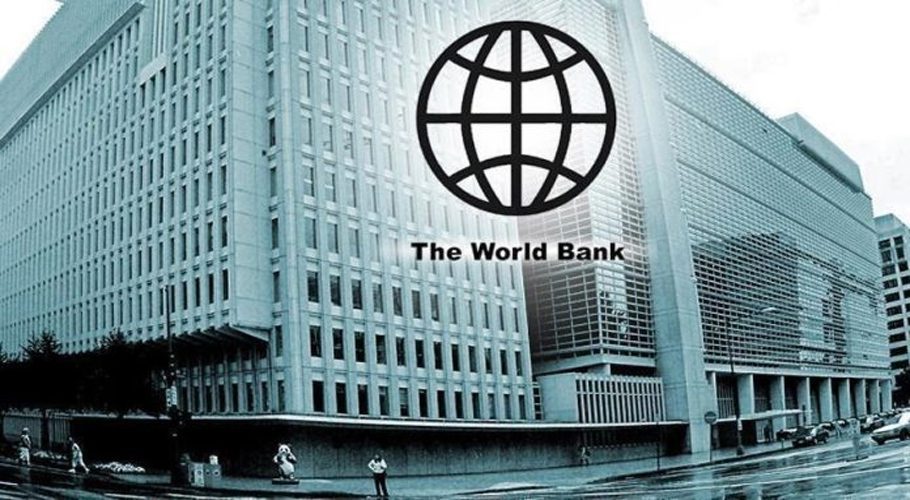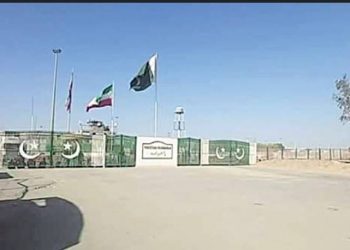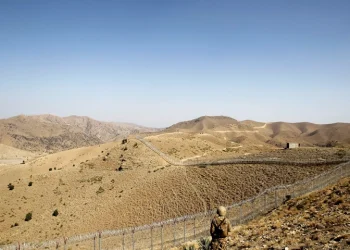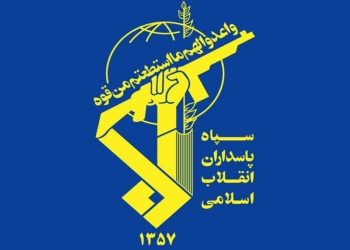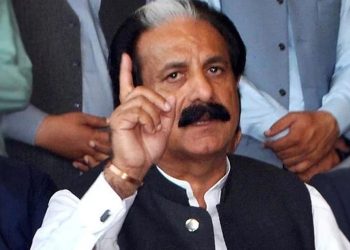The World Bank (WB) has approved $350 million in financing for the implementation of institutional reforms in Pakistan.
The financing comes for the Second Resilient Institutions for Sustainable Economy (RISE-II) Operation, which aims to strengthen fiscal management and promote competitiveness for sustained and inclusive economic growth, read a World Bank statement.
Najy Benhassine, the World Bank Country Director for Pakistan, in a statement, said, “Pakistan needs urgent fiscal and structural reforms to restore macroeconomic balance and lay the foundations for sustainable growth.”
“RISE-II completes a first phase of tax, energy, and business climate reforms geared to raising additional revenues, improving the targeting of expenditures, and stimulating competition and investment,” he added.
The operation contributes to better fiscal management by improving fiscal policy coordination, enhancing debt transparency and management, strengthening the taxation of property, and improving the financial viability of the power sector.
The operation also aims to foster growth and competitiveness by reducing the cost of tax compliance, improving financial sector transparency, encouraging the use of digital payments, and promoting exports by lowering import tariffs.
“Based on the foundations laid through RISE II and parallel support by other IFIs, Pakistan has the opportunity to tackle long-standing structural distortions in its economy after the upcoming general elections. Failing to use this opportunity would risk plunging the country back into stop-and-go economic cycles,” says Derek H. C. Chen, Task Team Leader of the operation.
Days ago, the World Bank in its report, ‘Leveraging Diaspora Finances for Private Capital Mobilization’ projected a drop in remittance flows to Pakistan to $24 billion in 2023 and further drop below $22 billion with 10% decline in 2024.







